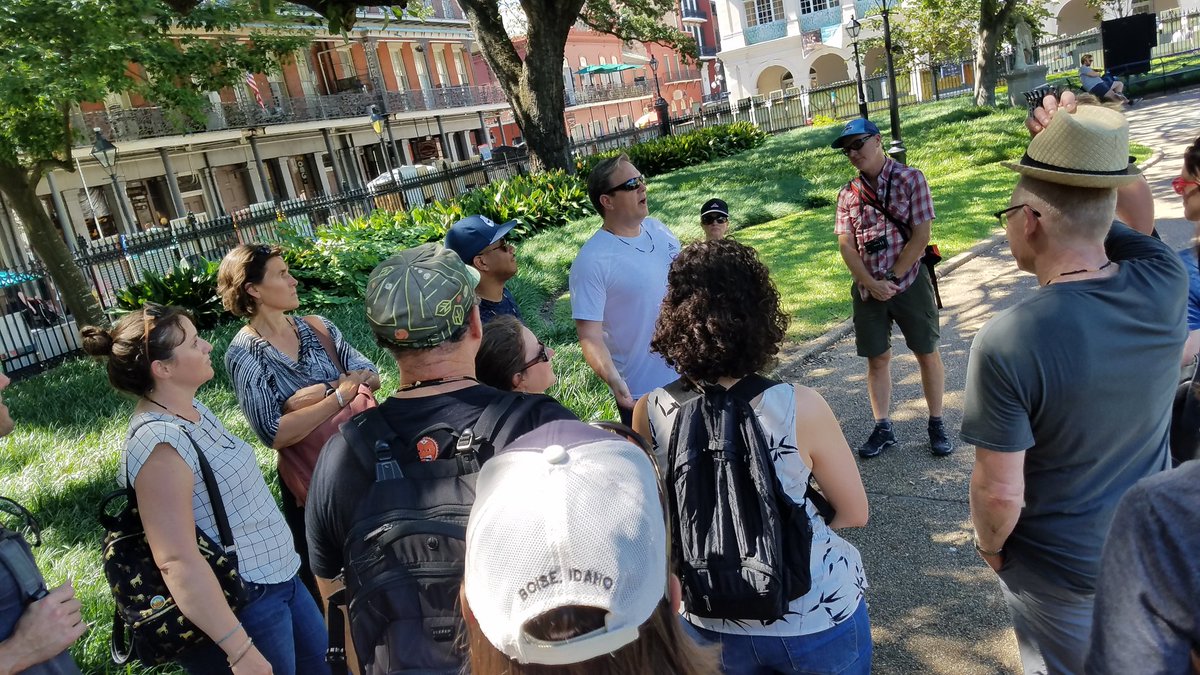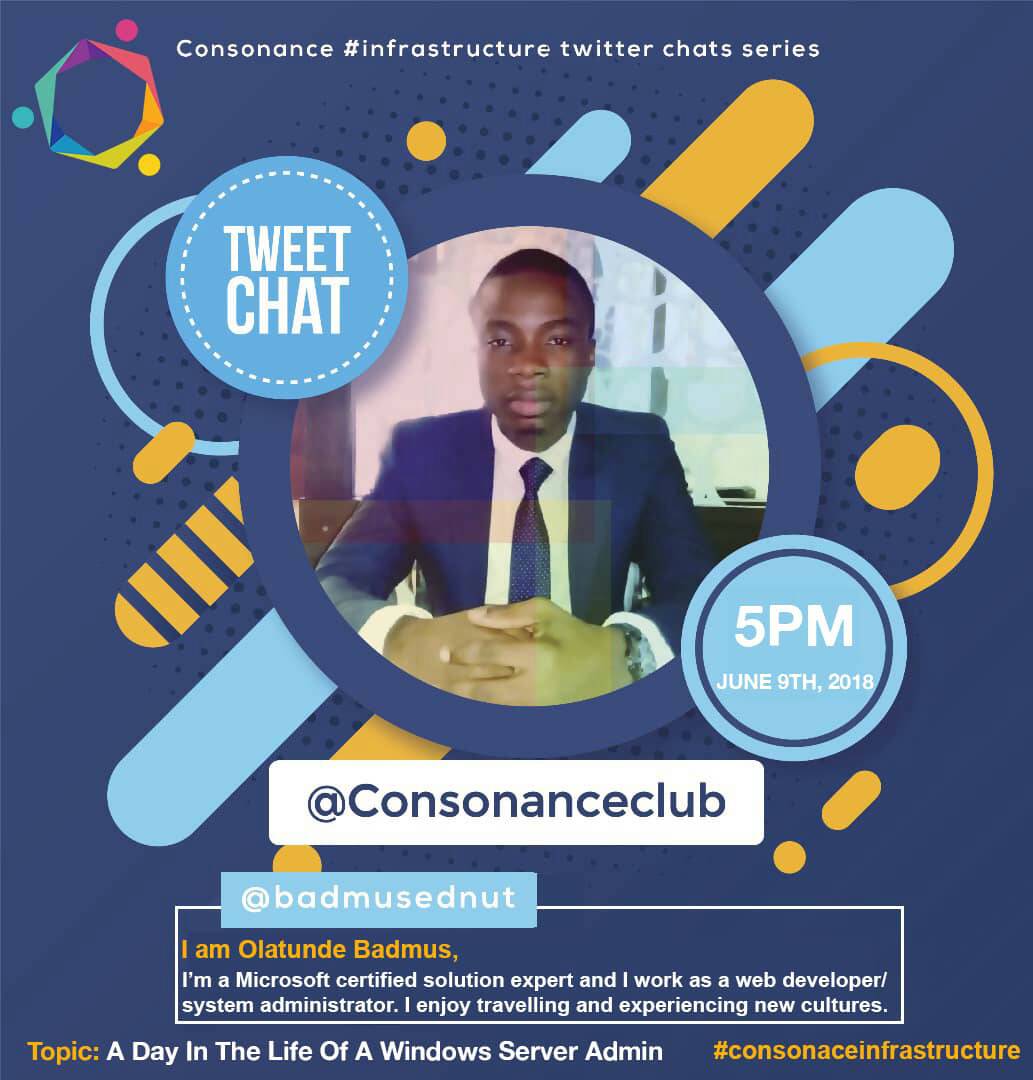But we have had to do some interesting things to scale this to an engineering organization of hundreds of people. stripe.com/atlas/guides/s…
Thoughts:
So consider these personal opinions.
I "lurk" on our risk engineering lists, for example
Yeah; passive understanding of what other teams are working on, their challenges, and who the players are in situations likely one or two degrees from oneself helps find out how to get X accomplished when you need it done.
These are written down, so that folks can have explicit examples of what to do and how to calibrate on success.
IRL example in the guide.
If this broadly sounds like an engineering culture which is interesting, we are hiring *a lot of people*. stripe.com/jobs












